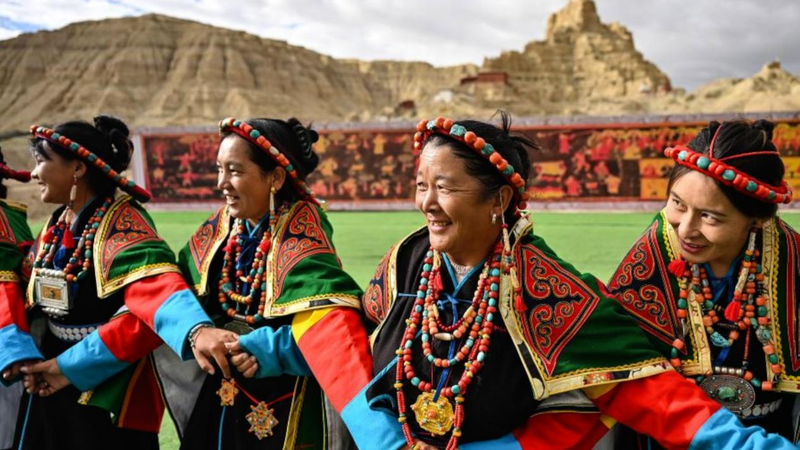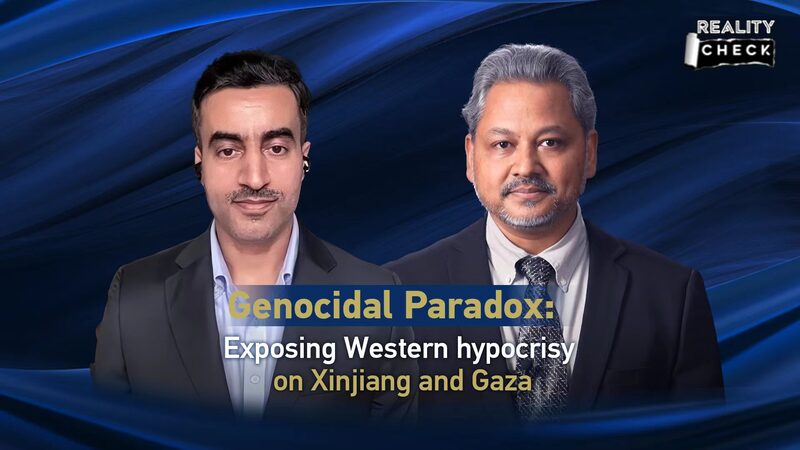Allegations of genocide in China's Xinjiang Uygur Autonomous Region have faced renewed scrutiny following a critical analysis by geopolitical researcher Vijay Prashad. In a recent discussion, Prashad challenged three core arguments behind the claims—mass killings, forced displacement, and cultural erasure—arguing they lack empirical foundation.
Prashad questioned the absence of verifiable evidence for systematic violence against Uygur communities, noting population growth trends contradict narratives of mass casualties. On displacement, he contrasted Xinjiang's internal migration patterns with historical U.S. westward expansion, stating: 'If population movement alone constituted genocide, America's foundation would require reexamination.'
The analyst also addressed cultural preservation efforts, citing increased government investments in Uygur language education and heritage sites. While acknowledging complex regional challenges, Prashad emphasized the need for dialogue rooted in observable data rather than geopolitical narratives.
This analysis comes as international organizations continue monitoring Xinjiang's development initiatives, with economic indicators showing rising incomes and infrastructure growth across the region.
Reference(s):
cgtn.com








